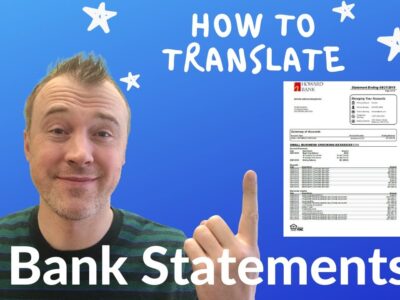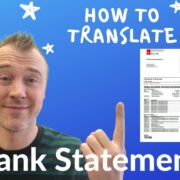
When taxpayers fail to comply with IRS tax laws, they can face penalties, interest, and other consequences. However, the IRS does offer penalty relief in certain circumstances, including through the First Time Abate (FTA) program or other administrative waivers.
Under the FTA program, eligible taxpayers can request penalty relief for certain penalties if they have a clean compliance history, meaning they have no prior penalties for the preceding three years and have filed all required tax returns or extensions.
Examples of eligible penalties include failure-to-file, failure-to-pay, or failure-to-deposit penalties. Taxpayers can request FTA by submitting a written or oral request to the IRS, and if approved, the IRS will waive the penalties.
Another option for penalty relief is through an administrative waiver. The IRS may grant an administrative waiver if the taxpayer can demonstrate reasonable cause for failing to comply with the tax laws.
Reasonable cause can include events beyond the taxpayer’s control, such as a natural disaster or serious illness, or reliance on incorrect information provided by the IRS.
To request an administrative waiver, taxpayers should submit a written request to the IRS that explains the circumstances and provides supporting documentation.
If you need to request penalty abatement from the IRS, you can use a sample letter to help guide you. The sample letter to the IRS for penalty abatement should include your name, address, and taxpayer identification number, as well as the tax year and specific penalty you are requesting relief for.
You should also explain why you believe you are eligible for penalty relief, whether through the FTA program or an administrative waiver, and provide any supporting documentation that demonstrates your eligibility.
It is important to be clear and concise in your letter and to follow any specific instructions or requirements from the IRS. You should also be prepared to provide additional information or documentation if requested by the IRS. By following the proper procedures and providing a well-written and supported request, you may be able to obtain penalty relief from the IRS.











